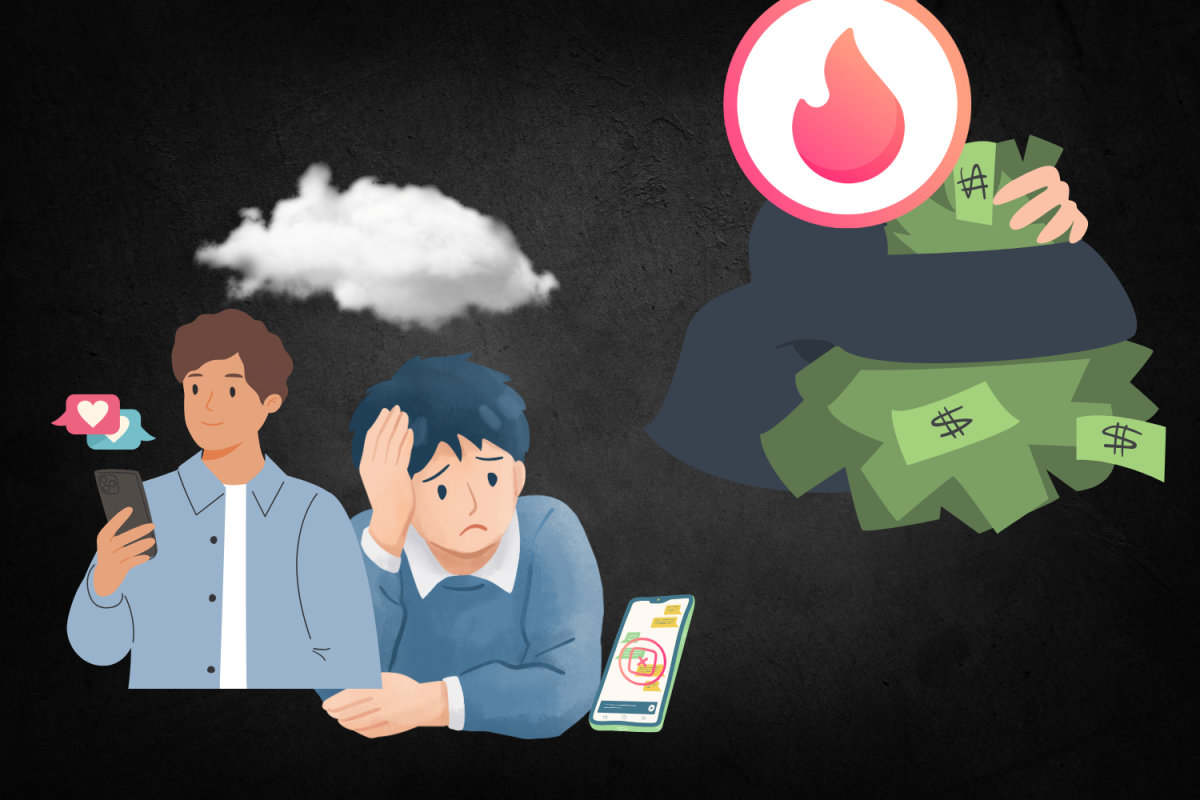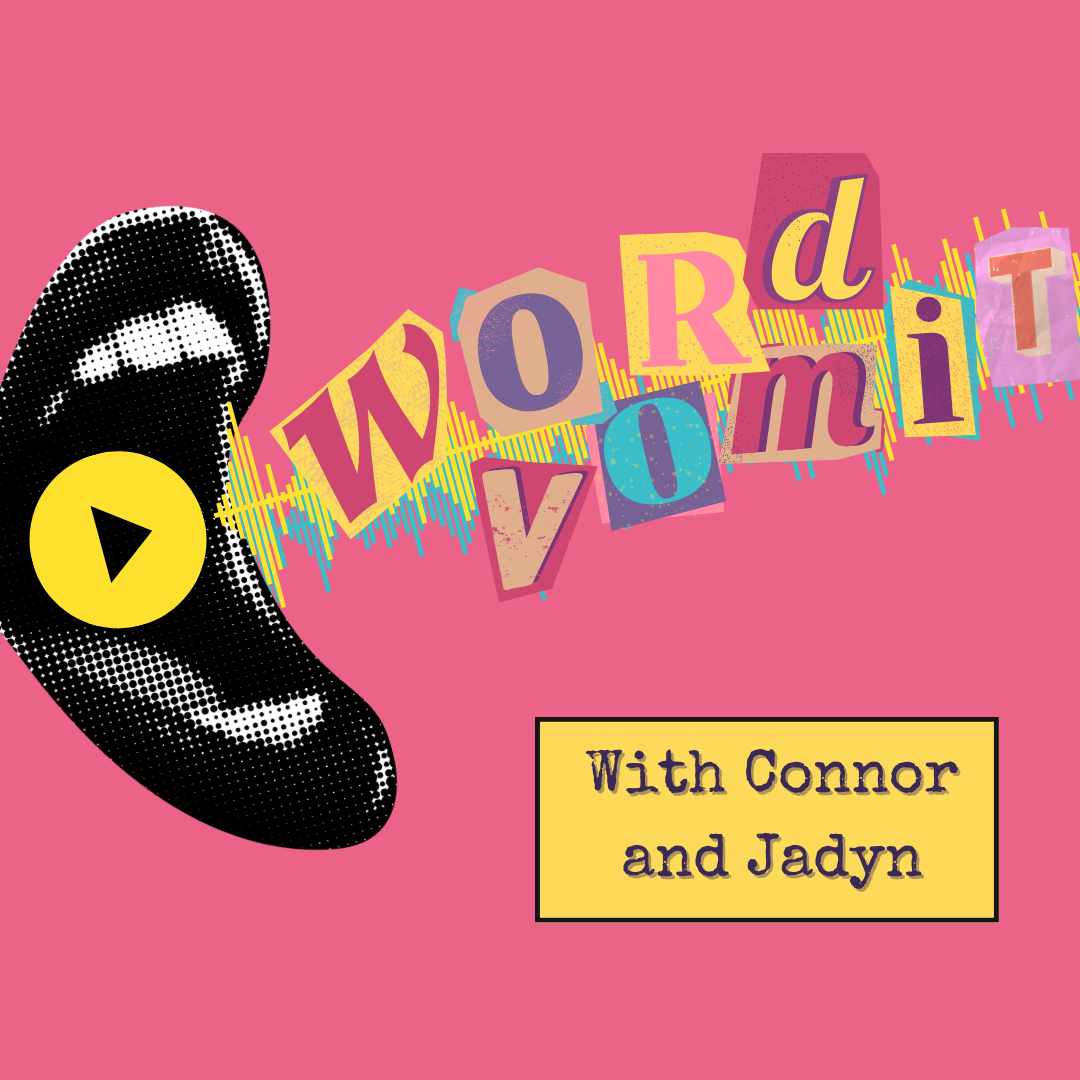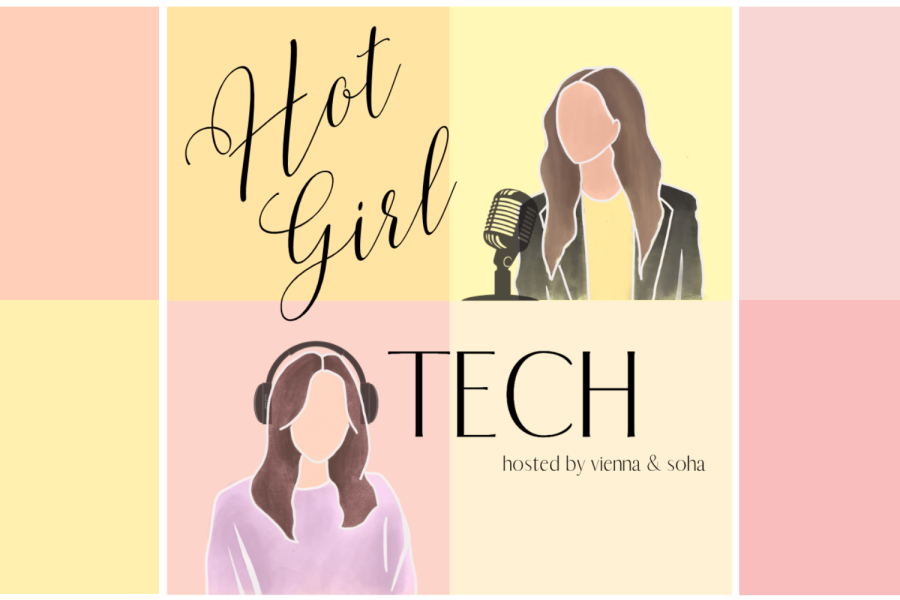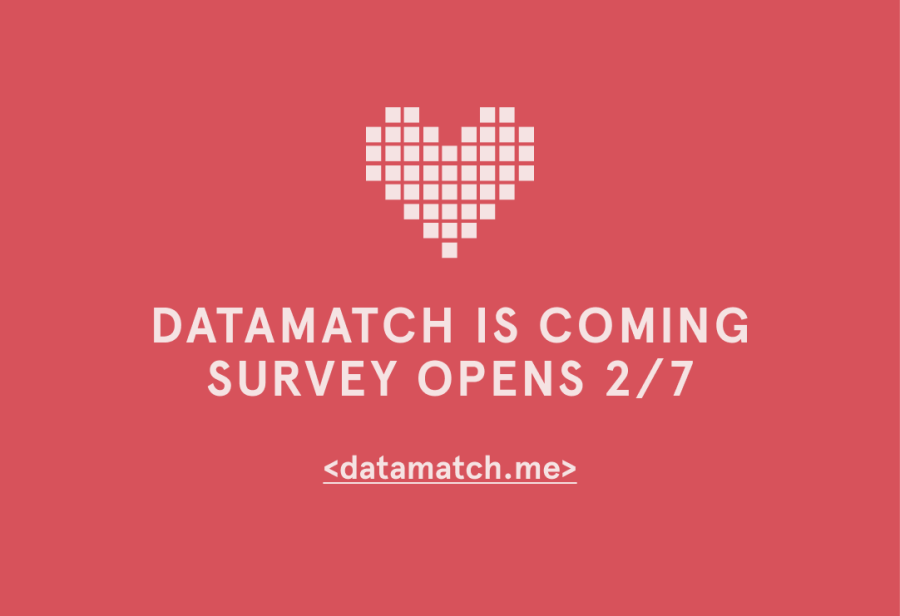Today is Valentine’s Day, and I just know that Vanderbilt students are thrilled. It’s a day revered by couples and singles alike, and everyone is always excited to put themselves out there and celebrate…right?
Well, as you might expect, that’s not true. In reality, 58% of American adults believe that Valentine’s Day is not a special occasion, and 32% of people in relationships don’t even celebrate the holiday. Fifty-six percent of singles aren’t looking for a romantic connection on any day of the year, including Valentine’s. This lack of love for love is an epidemic, and Americans are now more single than ever.
I’ve seen this problem’s prevalence on Vanderbilt’s campus through my experience with Veild, a blind dating service other Vanderbilt students and I are working on. I’ve talked and worked with a number of students in an effort to improve our school’s dating culture, and I’ve found that single students here seem to all struggle with loneliness, insecurity and a low desire to find love. But, why? What’s causing so many to shy away from love?
As Fairleigh Dickinson University Professor Kara Alaimo explains, the main culprit is dating apps. Now, contrary to popular belief, the issue with online dating and dating apps isn’t the “online” aspect, but rather their poor design. As for-profit ventures, dating apps’ only goal is to make money. Unfortunately for their users, this means the apps do not want people to get hitched and log off. They don’t want to help people find everlasting love — that’s bad for business.
However, dating apps don’t want to drive everyone away. So, they pretend that they are using science to find the love of your life when, in reality, it’s all a sham. This terrible lie hurts people by bloodying their views on love, convincing them that affection is a corporate scheme.
Dating apps are not your friend
This bloodied view has led people to associate seeking love as being increasingly painful, and that’s a tragedy — not because of what’s happening, but because of the role dating apps have played in creating the issue. These dating apps are trying to hurt people, all so they can retain their user base. It’s borderline filthy and frankly disgusting.
Among the worst offenders are Tinder and Bumble, whose main sin is using an Elo system to rank users on their apps. For those unaware, Elo systems, most commonly associated with chess rating, are a measure of relative skill. People are given ratings and face an opponent. If you win your matchup, your rating increases; if you lose, your rating decreases. So, how do Tinder and Bumble use a chess rating system? Well, it’s how they decide who you see. Whenever you swipe left or X someone on a dating app, you “win” the “matchup,” and your rating increases. Whenever you swipe right or like someone, you “lose,” and your rating decreases. Then, after recalculating your score, the app shows you another person with a similar score (that way, the matches stay “competitive”).
The main issue with this approach is that dating app profiles are mostly just pictures of you, so the rating you get is essentially just an “attractiveness score.” This means that you are being paired up based on how desirable you are.
This is also true about Hinge, the app “designed to be deleted.” Although they technically use a different method, it’s the same thing. The only difference is that they genuinely pretend they’re different when they’re just as evil as their competitors. If you don’t believe me, go on Hinge and just X people, no likes. These repeated “wins” will inflate your Elo, and Hinge will either prompt you to stop swiping or tell you they ran out of profiles to show you (since they recognize that you’re abusing the system and don’t want your Elo to be too high).
It’s no wonder that people hate dating apps. After all, they’re expressly designed to emphasize appearances, which is an approach strongly associated with decreasing an individual’s level of commitment in a relationship. Of course, this is great for dating apps, as it means your dates will ultimately fail and you’ll keep swiping. On top of that, by decreasing their users’ level of commitment, these dating apps emphasize casual relationships and romance over true love and commitment.
Don’t drink the Kool-Aid
On the topic of casual dating, I’ve read a number of articles written recently by students from other universities that glorify casual dating and attempt to pass it off as the “progressive” choice (woke dating, anyone?). I’ve heard a number of people also tell me how satisfying and free it can be when telling me about how their current situationship is a good idea, actually.
But these opinions are misguided. Research has already shown that people in committed relationships are more sexually satisfied, happier and healthier than those in casual relationships. Despite this, dating apps have driven people away from commitment, causing users’ love lives to suffer.
There’s still hope for online dating
Now, I’m never going to tell someone to just get off the apps, as I understand that for some, they’re the best option available. But, despite the doom and gloom, there are some efforts underway to provide better alternatives. One of these is Marriage Pact, a Stanford startup that matches people up based on their beliefs and values and has them promise to marry later in life if both people remain single. While the marriage pact element of their service is a marketing gimmick, the underlying science of their process is genuine, and they do a good job of pairing people together. However, their light-hearted marketing damages their results by drawing in people already in relationships, ruining the experience for many.
On Vanderbilt’s campus, as previously mentioned, I’m working on a project called Veild, a blind dating service that matches people based on their beliefs, values and interests, similar to Marriage Pact. We’ve made some improvements on the issues associated with other dating apps, but we’re still new and our process needs refinement. I can also tell you firsthand that matching people ethically comes with extra hurdles that make finding a sustainable solution challenging.
So, overall, nothing is perfect. Online dating may have a lot of issues, but there are efforts out there to make improvements. But, most importantly, don’t let your views on love be tainted by blood and roses. An Elo score or bad date doesn’t define you — you do! So, chase what makes you happy, not the happiness prescribed to you by others.








